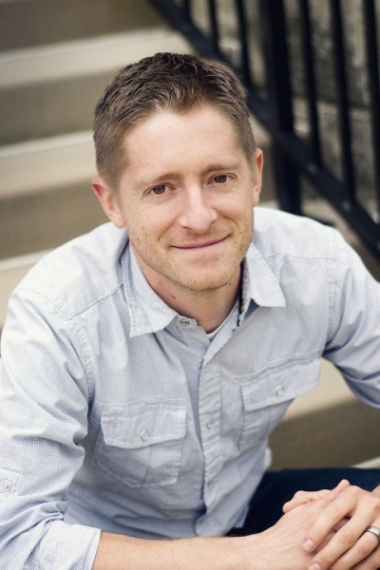History Professor Awarded Esteemed Research Grant
April 26, 2018

April 26, 2018
When they’re not taking time to pour into the next generation in their classrooms, Asbury University professors are making continuous contributions to academia through original research and authorship. Recently, Associate Professor of History Dr. David Swartz was awarded a research grant from the Global Religion Research Initiative.
The GRRI awards an average of 15 seed-money grants per year over a three-year period totaling 45 individual grants. Up to $12,000 is awarded for each grantee to use on research travel, data collection, coding, analysis, research materials and other research-related costs. Of the 160 research proposals received this year, 49 were awarded funding.
“For Dr. Swartz to receive this grant is a testament to the studious and focused efforts of his research agenda,” Academic Dean Dr. Tim Campbell said. “I’m pleased for him because it’s sometimes the resources that are the barrier to getting to the scholarship. I’m pleased for Asbury because this scholarly ‘toil’ shapes the larger disciplinary debate with pen, intellect and faith.”
His project is entitled “Red-Light Rescue: Transnationalism and the Evangelical Campaign against Trafficking in Southeast Asia.” He’ll be posing the question: “How has the American evangelical discourse of ‘rescue’ been reshaped by encounters with non-Western conceptions of social justice?”
Swartz’s project was inspired by research for his book “From the Ends of the Earth: How the Majority World is Reshaping American Evangelicalism.” The book will be published by Oxford University Press in 2019. Swartz began writing this book last year while on sabbatical in Thailand where he was researching American social justice efforts.
“So central to this extended project (which will become its own book) is the notion that religious mission does not only proceed from ‘the West to the rest,’” Swartz said. “American anti-traffickers are shaped by encounters in Asia and plug into already-existing transnational networks that are increasingly pluralistic, participatory and multi-directional enterprises. Indeed, sometimes the ‘empired’ strike back. American Christians often return home thinking more critically about their own heritage and assumptions because of encounters with the ‘other.’ Global evangelicals not only confirm but also challenge Western assumptions about God’s ways in the world.”
Swartz will be using his grant to conduct field observations, oral interviews and archival work in Southeast Asia, specifically concentrating on Thailand and Cambodia.
Swartz and his co-investigator Lisa Weaver Swartz, a sociologist of religion and gender, will begin their research in July. They’ll spend three weeks in Phnom Penh, Cambodia, interviewing Western, Cambodian and Thai humanitarians from religious NGOs, churches, secular agencies and government. They then plan to spend about two months doing more research in Cambodia and Thailand in the summer of 2019.
“We want to challenge readers to think hard and strategically about social justice efforts, not just have a ‘heart’ for suffering people halfway around the world,” Swartz said. “Well-intended efforts by good-hearted Christians often backfire and take imperialistic and culturally insensitive shape, if they’re not careful. These are complicated questions, and they require a lot of education, hard work, empathy and partnership with people on the ground.”
The GRRI is under the Center for the Study of Religion and Society (CSRS) at the University of Notre Dame.
According to the GRRI website, the goal of these grants is “to encourage and facilitate new, empirical research by North American scholars in the social sciences on important topics that centrally involve religions beyond the North Atlantic region.” This program also seeks to aid researchers in successfully applying to larger, full-project research grants.
To learn more about Asbury University’s Department of Social Science and History visit asbury.edu/social-science-history.